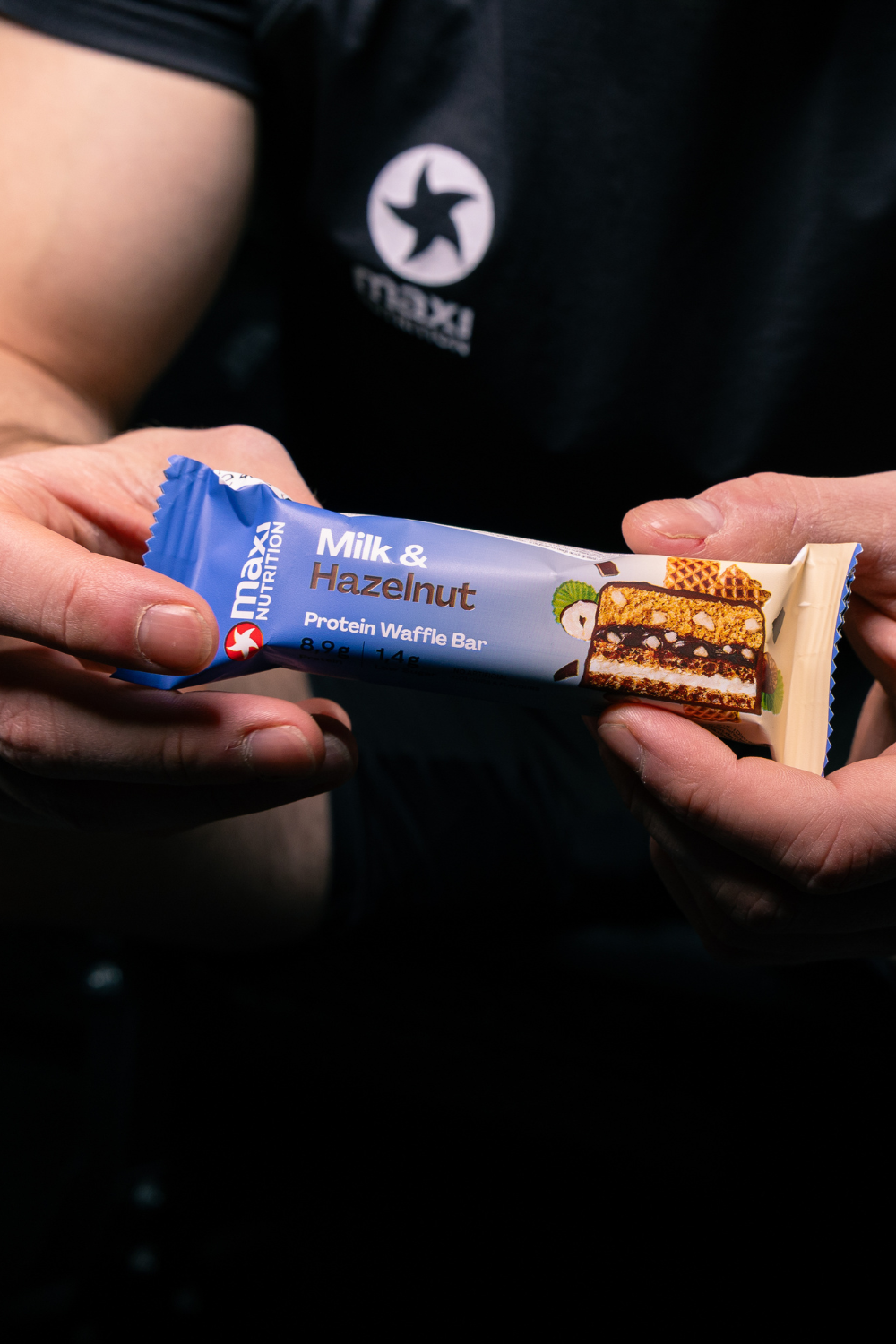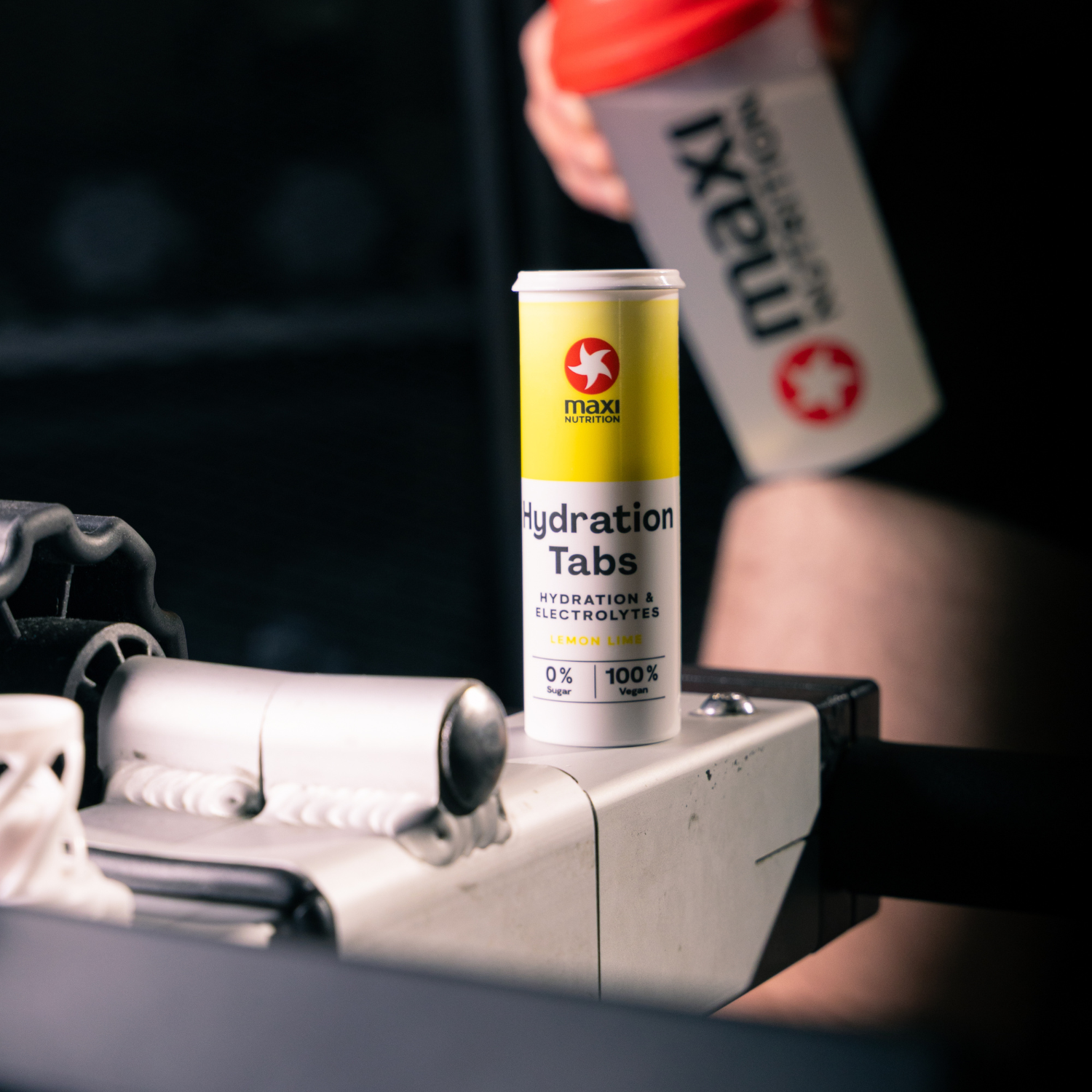How to avoid overtraining
Whether you’ve been lifting for a month or lifting for ten years, there’s no excuse for overtraining. Despite the benefits of rest, there are a huge number of lifters who hit the gym too many times per week and continually ask themselves the question: how often I should workout?
Unfortunately, there’s no concrete answer to that question. For most people, the answer is…less. If you’re training six or seven times per week but you’re not training for a specific sport, event or competition, chances are you’re overtraining.
Am I overtraining?
Overtraining is a tricky subject, considering it’s possible to isolate certain muscle groups and craft a routine where you train most days without doing any harm. Some bodybuilders perform effective five day splits with no negative effects.
The problem comes when people are conducting high stress lifts, HIIT style training and distance training. They are not allowing themselves adequate rest. Overtraining can lead to problems such as:
- Unusual weakness or muscle fatigue
- Lack of enthusiasm towards working out
- Tiredness
- Soreness
- Lack of appetite
- Sleep problems (too much or not enough)
To identify if you’re overtraining, you’ll need to listen to your body. If you’re not able to lift the same weight you did a few weeks ago because you’ve upped your sessions or you’ve been doing bench press for a few days in a row, you’ll know you’re overtraining.
Another element in overtraining is improper nutrition and a lack of sleep. Either of these can quickly affect your recovery time, meaning you’ll more easily enter the threshold of being ‘overtrained.’
How to prevent overtraining
Preventing overtraining is a matter of learning how your body copes with exercise. Everyone in the gym should be training hard – but not for a long period of time. Essentially, a series of compound lifts done in smaller rep ranges for heavier sets that takes 40 minutes is often superior to a two-hour isolation workout consisting of lots of reps.
The best way to prevent overtraining is to:
- Adjust your training routine so that muscle groups have adequate rest periods. Don’t train incline bench on Monday then standard flat bench Tuesday.
- Give your body adequate recovery time. If you’re performing heavy compound lifts it’s probably best to take a day off afterwards.
- Limit outside factors such as stress. If you’re miserable in the gym you’ll perform poorly. Try and enjoy your workouts. Everyone has bad sessions, but if you’re having to drag yourself to the gym you need to change things up.
- Look after your nutrition to help maintain your body’s natural recovery process. If you slack here, your recovery time will slack, which can leave you fatigued.
How to cure overtraining?
Fortunately, curing overtraining is simple. Take a full week off training to allow your body plenty of time to rest. Spend a week practicing good nutritional principles, ensuring you get adequate sleep and trying to lower your stress levels. Cortisol is a stress hormone and can severely inhibit your recovery time – so relax more. Gentle exercise like flexibility work and Yoga can help promote relaxation.
Don’t worry about a week off. You won’t ‘lose your gains.’ Instead, you’ll be able to return to training fresh and ready to dominate. Avoid stimulants such as caffeine to help you sleep.
So – how much should I workout?
With all of this in mind – how much should you be working out? Depending on your goals and your routine, we would advise working out 4 days per week on average. This gives you three rest days to enjoy – which you’ll need if you’re performing heavy compound lifts on your workout days.
If you’re more of a steady state cardio and isolation lift trainer, you can afford to train more often as your body will take less time to recover. Five day split routines are common, giving you two days off.
Ultimately, how often you workout depends on your goals. If you lift hard and heavy to build mass and strength, you’ll need to give your body time to recover. Both your central nervous system and your muscles need the time. Cut down the number of sessions, train hard when you’re in the gym and let your body recover.









































